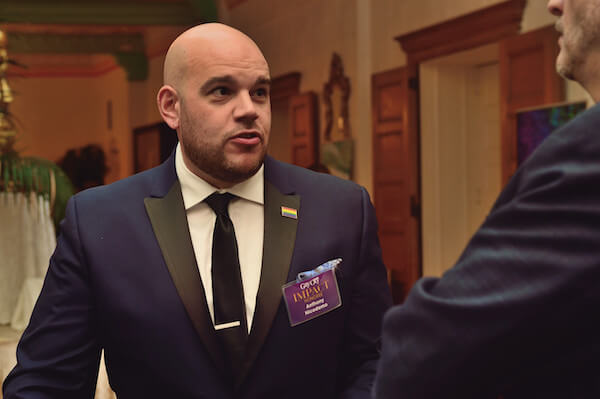
As New York appears to inch closer toward legalizing recreational use of marijuana, now is the time for employers to start thinking about possible changes to workplace policies, according to one expert.
Michelle Lee Flores, a partner with the firm Akerman who specializes in marijuana law, said a common misconception after a state legalizes pot is that companies won’t test for the drug during the hiring process or as part of a workplace policy. The reality: Employers have a choice to make.
“They can say, ‘we are not going to test it,’ or they can say, ‘we’re still going to test it and one of the things we’re going to hang our hat on is the fact even though under state law it may be legal, under federal law it is not,’ ” Flores, 50, said. “Even New York’s Compassionate Care Act has two exceptions that say it does not require an employer to do any act that would put the employer in violation of federal law or cause it to lose a federal contract or funding.”
While New York does have a medical marijuana program (the Compassionate Care Act), recreational use remains illegal. But the drug’s legal status in the state could change as more politicians voice support for recreational use. Earlier in July, the state Department of Health issued a report recommending marijuana legalization, arguing that the benefits outweigh the risks.
If state lawmakers do pass legislation to legalize the drug and Gov. Andrew Cuomo signs it into law, Flores warned that employees should understand their employer can still enforce a “zero-drug-in-the-workplace policy” by focusing on how impairment by controlled substances at work can negatively affect the company.
“Alcohol is legal to purchase if you’re a certain age, but we also understand that we don’t show up to work drunk or we could be fired,” Flores said. “That’s the paradigm.”
Conversely, an employer might choose to no longer include marijuana on a post-offer, pre-employment drug test, which usually includes pot, opiates, amphetamines, PCP and cocaine.
A good workplace policy, according to Flores, would lay out both state and federal law as it pertains to marijuana and then outline what the company would do if there is a reasonable suspicion that an employee is impaired by an illegal substance.
“The key really for me, in guiding clients, is communication; really, truly communication,” Flores added.
The policy also should clearly state whether the company intends to test for marijuana during the hiring process as well as acknowledge whether it will engage in an “interactive process” with regard to medicinal use of the drug.
“In California, you would want to say, ‘don’t tell me what your condition is, but is there some alternative legal under the federal law that you could use instead of cannabis.’ And having that dialogue to at least make sure that you engage in that to determine if there is a reasonable accommodation,” that can be made, Flores explained.
If New York does legalize recreational use of marijuana, there would likely be a time period between when the bill is signed into law and when the law goes into effect, which Flores said should be used by companies to clarify their stance on marijuana use to employees.
“Because once it happens, there seems to be kind of this — I don’t know if it’s a sense of entitlement or what — there are some individuals that think, ‘well it’s legal now; you can’t do anything to me,’ “ she said. “And that’s actually not true.”






































